 Google Chrome OS and the initial Google Chromebook device were not able to create any significant stir, the next generation of Google Chrome OS and devices are out now to in hopes to change that.
Google Chrome OS and the initial Google Chromebook device were not able to create any significant stir, the next generation of Google Chrome OS and devices are out now to in hopes to change that.
With release of all new Google Chrome OS powered ChromeBox portable desktop computing unit, it has once again proved how desktop computing future will be all about ultra-portable devices. Google is once again trying to get back into the desktop race with the new version of there "Google Chrome OS", to get the the job done the new features are better offline application capabilities and a more desktop like interface.
Apart from the new ChromeOS upgrade, the new "talk of the town" would be the portable ChromeOS powered desktop computing unit "ChromeBox".
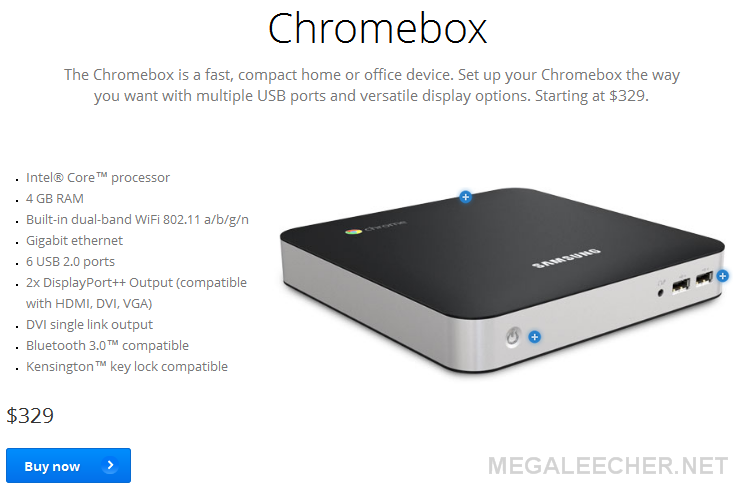
The new Chromebook boots in less than seven seconds and resumes instantly, to get this done Google is now using more hardware fire-power by adding Intel Core processors offering nearly three times faster speeds with hardware-accelerated graphics, multi-touch trackpad and an open-source firmware stack.

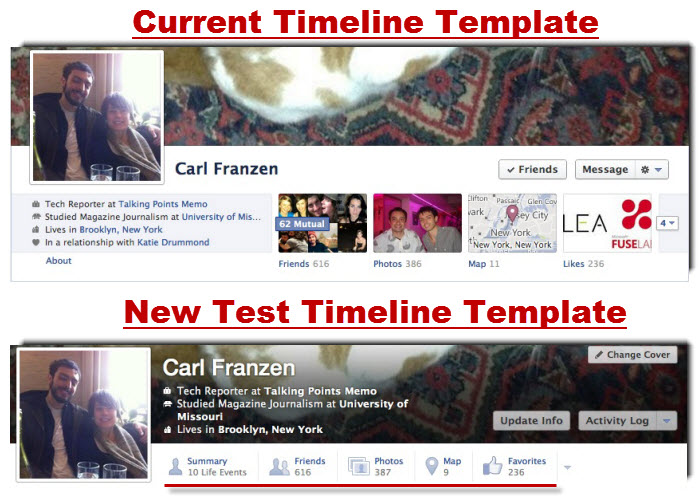
 Facebook has unveiled there new mobile app for Apple iOS, the dedicated camera application "Facebook Camera" allows fast and easy sharing of photos on Facebook. The new application provides ability to post a selective group of photos at once, check friends latest photos at one place, simple image editing tasks with crops and filters, ability to tag friends and add captions.
Facebook has unveiled there new mobile app for Apple iOS, the dedicated camera application "Facebook Camera" allows fast and easy sharing of photos on Facebook. The new application provides ability to post a selective group of photos at once, check friends latest photos at one place, simple image editing tasks with crops and filters, ability to tag friends and add captions.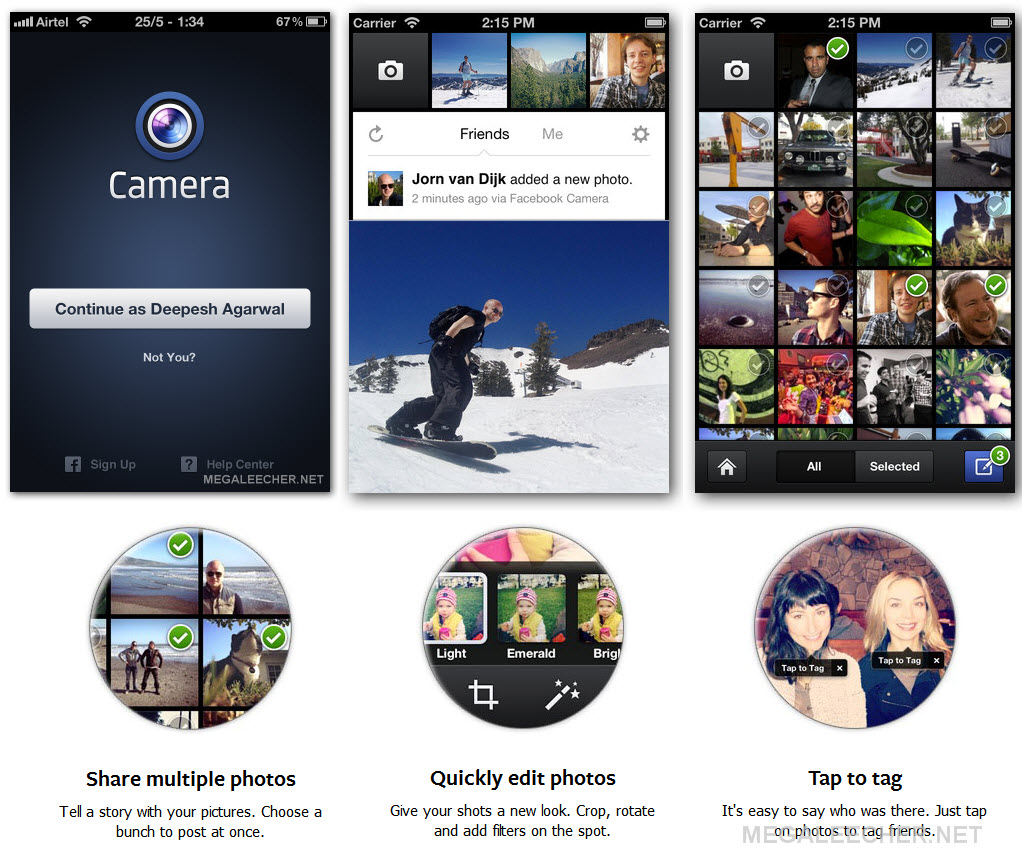
 Yahoo has unveiled there new venture "Yahoo Axis Browser", the service allows users to search smarter and faster with instant answers and visual search previews. The exciting part of the offering is the ability to keep your browsing session active across desktop, mobile and tablet devices - which means users can continue surfing exactly where they left on another device.
Yahoo has unveiled there new venture "Yahoo Axis Browser", the service allows users to search smarter and faster with instant answers and visual search previews. The exciting part of the offering is the ability to keep your browsing session active across desktop, mobile and tablet devices - which means users can continue surfing exactly where they left on another device.

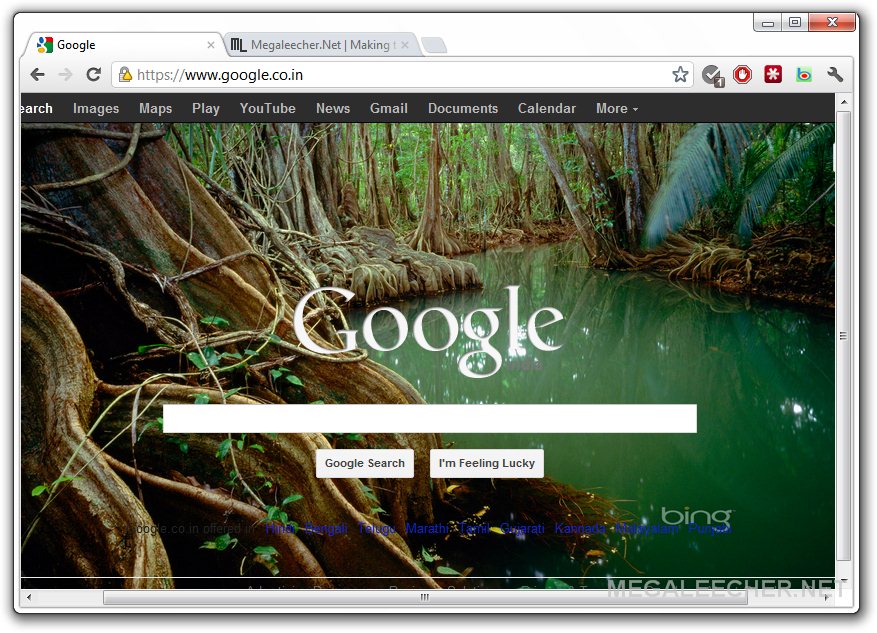
 While things can really become weird if someone manages to
While things can really become weird if someone manages to 
 If you are looking for a professional quality resume template, what can be better than the
If you are looking for a professional quality resume template, what can be better than the 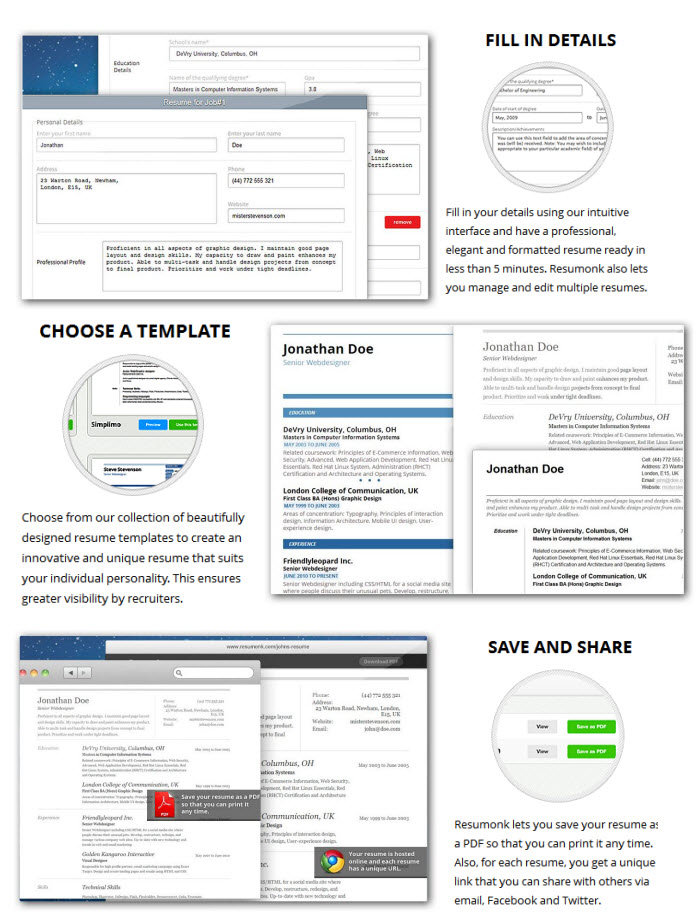
 The battle between file-sharing mediums and anti-piracy agencies is nothing new, and yet another effective arsenal for anti-piracy advocates is ready to get deployed. Pirate Pay is an Russian start-up which is being funded by Microsoft, the technology effectively blocks BitTorrent traffic by attacking P2P swarms resulting in blocked file-sharing. The technology makes use of a cluster of servers to connect to each and every P2P client trying to download a particular torrent, and then confuses them with corrupted data making them disconnect from each other.
The battle between file-sharing mediums and anti-piracy agencies is nothing new, and yet another effective arsenal for anti-piracy advocates is ready to get deployed. Pirate Pay is an Russian start-up which is being funded by Microsoft, the technology effectively blocks BitTorrent traffic by attacking P2P swarms resulting in blocked file-sharing. The technology makes use of a cluster of servers to connect to each and every P2P client trying to download a particular torrent, and then confuses them with corrupted data making them disconnect from each other.